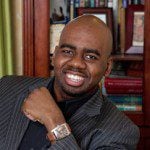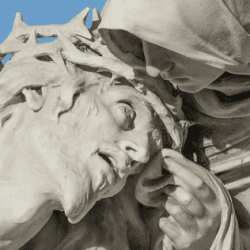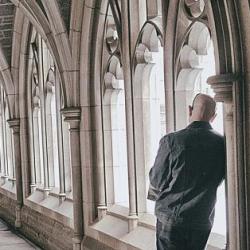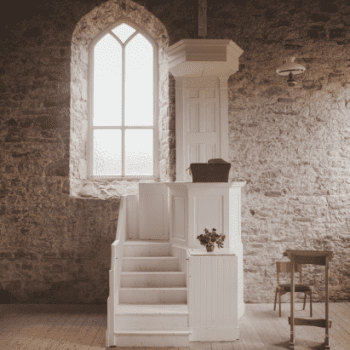by Nick Barden
A prosecuting attorney sought to compel Fr. Jeff Bayhi, a priest in the diocese of Baton Rouge, to testify in court concerning a confession. According to the prosecution, the priest both violated his obligation as a mandatory reporter and told a fourteen year-old to forget about the sexual abuse she had suffered from a family member. If the latter allegation is true, as Dr. Ulrich Lehner noted in his recent article at First Things, this action is despicable and unpastoral, but Fr. Bayhi must be judged by a heavenly authority, not a temporal one. On both counts, Fr. Bayhi has refused to testify, invoking the seal of confession which forbids a priest from disclosing, directly or indirectly, any communication received in the confessional.
Such cases are not uncommon. History is replete with stories of priests who have chosen death rather than break the seal, as Dr. Lehner recounts. In Roman Catholic theology, the matter is quite clear, “it is a crime for a confessor in any way to betray a penitent by word or in any other manner or for any reason,” and violation carries with it the punishment of excommunication. A priest cannot, under any circumstances, break his seal, whether to protect his good name, refute falsehood, save a life, or aid a court of law.
But the sensibility that motivates the seal is not restricted to our Roman Catholic brothers. We recognize that having a space where sinners can be open and transparent, without fear of reprisal, is essential for the Church to show the unconditional grace that Christ demonstrated. The Protestant doctrines of justification by faith and imputed righteousness raise the stakes even higher – if God himself looks upon us and sees Christ’s righteousness, how can the Church do any different?
Unsurprisingly, many Protestant churches have found themselves accused of covering up myriad sins. Clergy are torn between seeking to keep in confidence the confessions of a repentant sinner, while recognizing the need for temporal authorities to intervene and administer justice. Add to the mix that American jurisprudence has a bifurcated doctrine on the issue – clergy are often classified as mandatory reporters, but a distinction is drawn between those who approach a pastor as a “friend and adviser” and those who approach the pastor as a penitent.
Here the ill-defined ecclesiology and political theology which often afflicts us, particularly those of non-denominational persuasion, blurs that line between “adviser” and “clergy” in our churches. Does the repentant sinner speak to Pastor Bob, or Bob simpliciter? It may be that Pastor Bob himself does not know. The implications are enormous, not just in regards to keeping the confidence of the penitent. It is essential that we may give a defense of our actions to a scrutinizing world.
This difficulty does not afflict our high-church brethren. They possess an apologia, in part because they have properly distinguished between God’s two kingdoms and understand the dual citizenship we all bear. When the priest sits behind the confessional screen and hears the confession of the penitent, he has clothed himself in the Church and steps into its vocation. Here the jurisdiction of the secular kingdom does not reach. The Sacred proclaims forgiveness, that unconditional grace towards sinners from which we cannot detract. Here the seal of confessional is inviolable, for the priest speaks to the penitent not as himself, but in his office as minister of God. To hang the threat of temporal reprisal over the penitent is to cheapen grace and lessen the absolute forgiveness of the Gospel.
But outside this sacred space, the priest maintains his dual citizenship. The government bears the sword to punish evil-doers, and violators of this authority must be punished. Here the American distinction between adviser and confessor, based on the two-kingdoms heritage which birthed her separation of Church and state, makes good sense. It is the Church in America that has blurred the line. Though she has been zealous to advance the name of Christ in all aspects of society, the destruction of the distinction between sacred and secular has only resulted in the reduction of the sacred, not the elevation of the secular. If she is to truly proclaim the grace and forgiveness of God, she must seek to recover this sacred space and claim an authority that is not subject to the temporal laws of man.
 Nick Barden studied the classical liberal arts at Patrick Henry College, where his research focused on theodicy, the atonement, and the theory of rebellion. He currently resides in Purcellville, Va., and intends to pursue higher education in literature and philosophy of religion.
Nick Barden studied the classical liberal arts at Patrick Henry College, where his research focused on theodicy, the atonement, and the theory of rebellion. He currently resides in Purcellville, Va., and intends to pursue higher education in literature and philosophy of religion.













